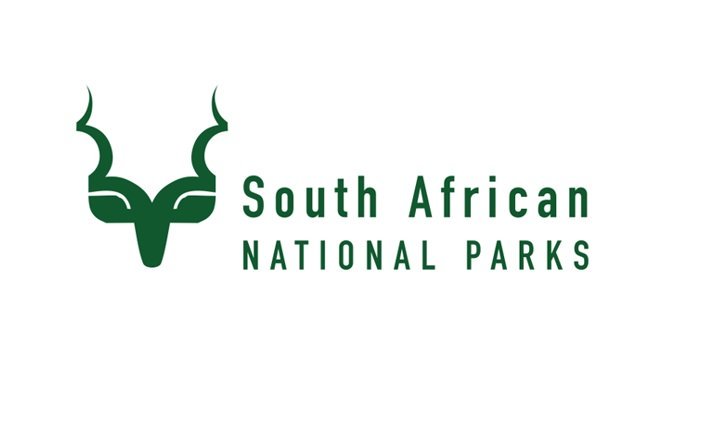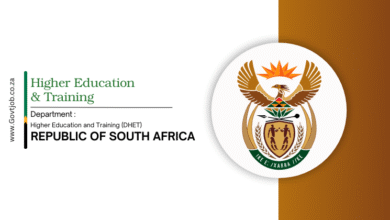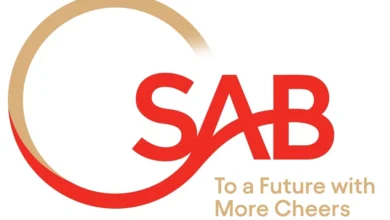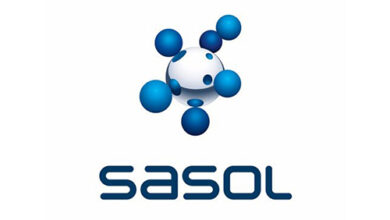Applications Open for the SANPARKs 2025 Bursary Programme

Applications Open for the SANPARKs 2025 Bursary Programme. The South African National Parks (SANParks) is looking for aspiring youth entering their first year of undergraduate studies in the 2025 academic year to join our external bursary programme.
What SANParks Does
South African National Parks (SANParks) was established in terms of the National Environmental Management: Protected Areas Act, 2003 (Act No 57 of 2003). The primary mandate of SANParks is to oversee the conservation of South Africa’s biodiversity, landscapes, and associated heritage assets through a system of national parks. It also must ensure that South Africans participate and get involved in biodiversity initiatives and that all its operations have a synergistic existence with neighbouring communities for their educational and socioeconomic benefit.
One of the strategic directions of SANParks is growing community support, providing access, benefit-sharing and benefiting local communities, thus the call for applications for the bursary opportunity. This bursary scheme is intended to benefit children residing in communities neighbouring or adjacent to of the National Parks and will be implemented by the SANParks.
Bursary Application
The Field of study applied for but not limited to, includes Degree & National Diploma in the field of:
- Environmental Sciences including Nature Conservation, Environmental Management, Green Energy, Environmental Engineering, sustainable development and Game ranch management
- Tourism including Hospitality Management, Resort Management, Tour Guide, Events and Conference Management.
- Social Sciences including Community Development, Economic Development, Socio-Economic Development and related Development studies
This is a Comprehensive Bursary
Academic merit will be considered during the selection process, as well as, the imperative to increase the participation of women, people living with disability and designated groups.
Requirements
- Recipients of the SANParks bursary Scheme must be South African citizens.
- They must be learners from communities living adjacent to National Parks as defined in their management plans.
- Proof of application and admission to an accredited institution of Higher Education eligibility for funding.
- Must be entering post-matric study in 2025.
- The bursary is open to students who are pursuing a qualification in a TVET college.
- Must be youth, aged 18 – 35.
- For students currently registered at Institutions of Higher Education, they must have a 100% pass rate to be considered (passed all the courses for which you have registered at the university for the study period already completed).
Please Note
- If you have not been contacted by 30 January 2025, consider your application as unsuccessful.
How To Apply
Interested candidates who meet the above requirements should forward their applications accompanied by the required documentation listed below to the following:
Happy Nhlangwini
- Email: happy.nhlangwini@sanparks.org
- Telephone: 012 426 5173
Documents Required
Your application must be accompanied by the following documents:
- Motivation letter indicating the reasons for the required bursary as well as the field of study you are applying for;
- A comprehensive updated CV;
- A copy of your certified identity document;
- A copy of your certified latest academic record;
- Acceptance letter from the registered/accredited public institution of Higher Education (University, TVET, College, University of Technology);
- Proof of residential address;
- If receiving a social grant, please attach an affidavit indicating that the income is less than the threshold.
Please note that applications must be for full-time studies towards an academic diploma/degree at an accredited public South African College / University of Technology / University.
NB: Failure to attach these documents will result in your application being null and void.




